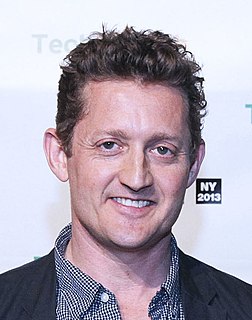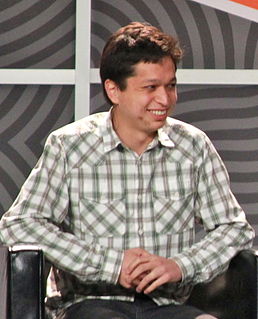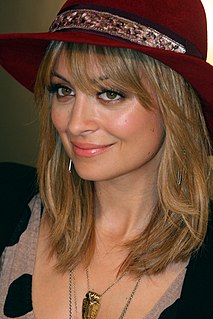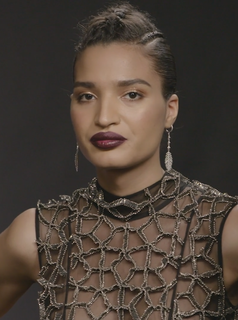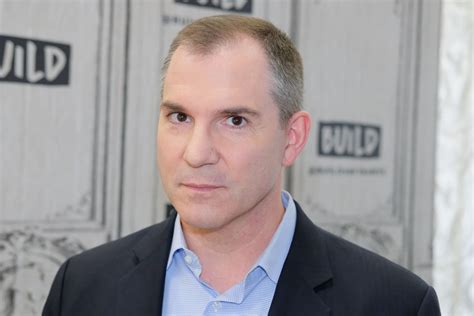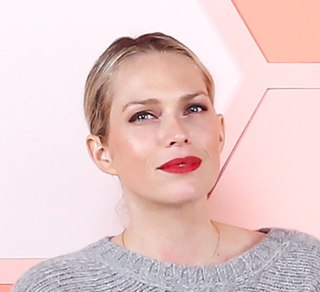A Quote by Alex Winter
I really love sort of classical cinema where people were telling stories with very little dialogue, and people were using the camera in a really interesting way.
Related Quotes
Digression is my passion. I love telling the main stories, but in some ways, what I love most is using those narratives as a way of stringing together the interesting stories that people have kind of forgotten, and that are kind of surprising. The problem is, how do you pare stories away so that the book doesn't become a distracting jumble of material, and readers lose focus? In my experience, there's really only one way to do that. I pack it all in with the rough draft, then count on myself and my trusted readers to tell me what's good and what's not good.
I know there were periods of times where I didn't feel understood, and there were very few people around me that I felt like they really got me. There was one person who was sort of the one in my life that really got me.In general, I felt a little bit on the outside and not totally included. There was a period of time when we were moving around a lot. So I couldn't really hold on to a certain set of friends. And so that was a little bit difficult.
When I go to the cinema, I want to have a cinematic experience. Some people ignore the sound and you end up seeing something you might see on television and it doesn't explore the form. Sound is the other picture. When you show people a rough cut without the sound mix they are often really surprised. Sound creates a completely new world. With dialogue, people say a lot of things they don't mean. I like dialogue when it's used in a way when the body language says the complete opposite. But I love great dialogue I think expositional dialogue is quite crass and not like real life.
I thought that the behavioral and some of the profiling stuff was interesting. The thing that I was most interested in, and the thing that we were really adament about, was let's get these guys who were there on tape, or in some kind of way, telling what happened. No one has really talked to them all.
I'm hugely inspired by music. I am a big listener of 60's and 70's classic rock. And i really just love the overall freedom of that time, of the late 60's and 70's. I love that you had so many different ways of expressing yourself, fashion was really one of them, the idea of clashing didn't exist, and people were using clothes as an opportunity to express who they were. That is inspiring to me - you could mix textiles, fabrics, you were 100% who you were, and that's where my main inspiration comes from.
I remember going to a Trump rally in South Carolina, and it was really important and it was really interesting to talk to the people who'd shown up there because they were not caricatures, and so often Trump voters, Trump supporters were being portrayed in the media, probably I'm guilty of it as well, as caricatures. Each of these people, and I talked to maybe a dozen of them, had a very particular reason why he or she was supporting Donald Trump , but these were not casual, inexplicable decisions.
I was an adjunct. I never got tenure, never had it. I was a professor, though. But I never got tenure. I never really wanted tenure, to tell you the truth. Really wasn't - the guys who got - the tenured people were some of, like, the least interesting. And they were people I didn't really like very much anyway.
